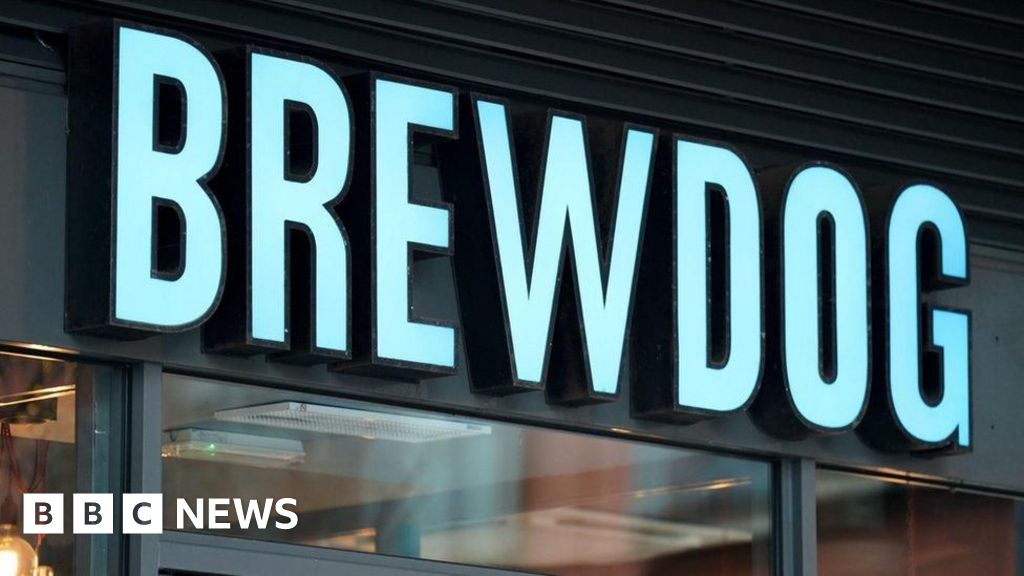Business
Finance Minister Aurangzeb departs for US to attend IMF, World Bank meetings – SUCH TV

Federal Minister for Finance and Revenue Senator Muhammad Aurangzeb has departed for the United States to participate in the annual meetings of the International Monetary Fund (IMF) and the World Bank.
According to a statement issued by the Ministry of Finance in Islamabad on Saturday, the minister will represent Pakistan at the plenary sessions of both institutions.
During his six-day visit, Senator Aurangzeb is scheduled to hold meetings with senior officials of the IMF, World Bank, International Finance Corporation (IFC), and the Multilateral Investment Guarantee Agency (MIGA).
He will also hold a one-on-one meeting with World Bank President Ajay Banga and attend a dinner hosted by him for finance ministers of selected countries.
Additionally, the minister will meet IMF Managing Director Kristalina Georgieva during sessions of the G24 and MENAP (Middle East, North Africa, and Pakistan) groups, where he is expected to deliver a keynote address.
Aurangzeb will also participate in a World Bank regional roundtable on the digital transformation of the Federal Board of Revenue (FBR), alongside tax authorities from other nations.
Moreover, he will attend two major events hosted by the World Economic Forum (WEF) and hold bilateral meetings with finance ministers from China, the United Kingdom, Saudi Arabia, Türkiye, and Azerbaijan.
The finance minister’s schedule also includes meetings with senior White House officials, the Chairman of the U.S. Congress Financial Services Committee, and representatives from the U.S. State and Treasury Departments and the International Development Finance Corporation (DFC).
He will engage with office bearers and members of the U.S.-Pakistan Business Council to discuss tax proposals and investment opportunities in Pakistan.
The minister will also meet with representatives of global credit rating agencies, commercial banks particularly investment banks from the Middle East and address various investment forums and seminars to highlight Pakistan’s economic outlook.
Aurangzeb will visit leading U.S. think tanks, including the Atlantic Council and the Peterson Institute for International Economics (PIIE), and meet prominent members of the Pakistani community.
He will also give interviews to selected international and American media outlets during his visit, which includes over 65 events, forums, meetings, and official engagements.
Business
Brewdog closes all bars for a day as it looks to complete sale

The company brought in consultants AlixPartners last month, after failing to make a profit in recent years.
Source link
Business
Defence stocks surge on Middle East tensions! HAL, BEL, Paras Defence rise up to 13% even as stock market crashes – The Times of India

Defence stocks today: Contrary to the crash in Nifty50 and BSE Sensex, defence stocks on Monday moved up in trade as rising Middle East tensions brought focus back on them. Shares of defence companies such as Hindustan Aeronautics, Bharat Dynamics, BEL and Paras Defence surged by as much as 13.5% as tensions in the Middle East intensified following the death of Iran’s supreme leader, Ayatollah Ali Khamenei. The escalation has raised expectations of increased export opportunities and strengthened investor sentiment toward the sector. Paras Defence led the gains, climbing 13.5%. Meanwhile, HAL, BEL and Bharat Dynamics advanced by up to 3.5% on the BSE.During his recent visit to Israel, Prime Minister Narendra Modi said that the two countries would move ahead with joint development, production and technology transfer in the defence sector.A joint statement issued after the visit noted that India and Israel would collaborate on the co-development and manufacturing of defence equipment to deepen strategic ties. The two sides also agreed to work toward concluding a bilateral trade agreement soon, broaden cooperation under the UPI digital payments framework, and partner on space projects and emerging technologies, among other areas.Brokerage house JM Financial said Indian defence companies such as Hindustan Aeronautics Limited and Bharat Electronics Limited may receive sentiment support despite continued volatility in domestic equities amid a broader global risk-off environment, according to an ET report.Defence counters have seen significant fluctuations in recent months. The sector saw a robust rally last year after Indian armed forces conducted targeted strikes against terrorist groups in Pakistan and Pakistan-occupied Kashmir. However, the uptrend later lost steam in the absence of new catalysts.Even as defence counters could witness a strong rally amid the escalating conflict, the wider equity market is expected to stay subdued.(Disclaimer: Recommendations and views on the stock market, other asset classes or personal finance management tips given by experts are their own. These opinions do not represent the views of The Times of India)
Business
Stock Market News Live Updates: Sensex Down Over 1,000 Points, Nifty Below 24,900; India VIX Jumps Nearly 20%

Nifty, Sensex Stock Market Today Live Updates: Indian benchmark indices continued their downward trajectory on Monday, tracking weak global cues as geopolitical tensions between the US and Iran escalated.
As of 11:00 AM, the Sensex was trading 1.34 per cent, or 1,086.02 points, lower at 80,201.17, while the Nifty50 declined 1.31 per cent, or 350.55 points, to 24,828.10. Shares of Larsen & Toubro, InterGlobe Aviation and Adani Ports and Special Economic Zone were among the biggest laggards in the Nifty 50 index.
Broader market indices also traded in the red, with the Nifty MidCap and Nifty SmallCap indices falling 0.93 per cent and 1.3 per cent, respectively. Among sectoral indices, the Nifty Auto was the worst performer, sliding more than 2 per cent as shares of Maruti Suzuki India and Mahindra & Mahindra came under pressure.
On the other hand, the Nifty Metal index declined the least, making it the relatively best-performing sectoral index in early trade despite the overall weak market sentiment.
Global Cues
Over the weekend, Iran’s Supreme Leader Ayatollah Ali Khamenei and several senior officials were killed in a joint US-Israel military operation. The conflict appears set to intensify, with US President Donald Trump vowing to retaliate after American servicemen were killed in Iran’s counterattacks, according to agency reports.
Asian markets tumbled in early Monday trade. Japan’s Nikkei 225 and South Korea’s Kospi dropped as much as 2.7% and 2.43%, respectively.
On Sunday, US stock futures declined more than 1% after the strikes on Iran. Both the S&P 500 and the Dow Jones Industrial Average were reported to have fallen 1.11% each.
During the Asia session, Dow Jones Industrial Average futures and S&P 500 futures were down 0.6% and 0.54%, respectively.
In commodities, oil prices surged amid rising concerns over supply disruptions in the key producing region. Brent crude futures jumped 13.76% to $82.37 per barrel — the highest level since January 2025 — according to Bloomberg data.
Gold and silver futures rose more than 1% as investors turned to safe-haven assets.
-

 Business1 week ago
Business1 week agoEye-popping rise in one year: Betting on just gold and silver for long-term wealth creation? Think again! – The Times of India
-

 Tech1 week ago
Tech1 week agoThese Cheap Noise-Cancelling Sony Headphones Are Even Cheaper Right Now
-

 Politics1 week ago
Politics1 week agoPakistan carries out precision strikes on seven militant hideouts in Afghanistan
-

 Sports1 week ago
Sports1 week agoKansas’ Darryn Peterson misses most of 2nd half with cramping
-

 Entertainment1 week ago
Entertainment1 week agoViral monkey Punch makes IKEA toy global sensation: Here’s what it costs
-

 Sports1 week ago
Sports1 week agoHow James Milner broke Premier League’s appearances record
-
Sports1 week ago
Mike Eruzione and the ‘Miracle on Ice’ team are looking for some company
-

 Entertainment1 week ago
Entertainment1 week agoSaturday Sessions: Say She She performs "Under the Sun"












